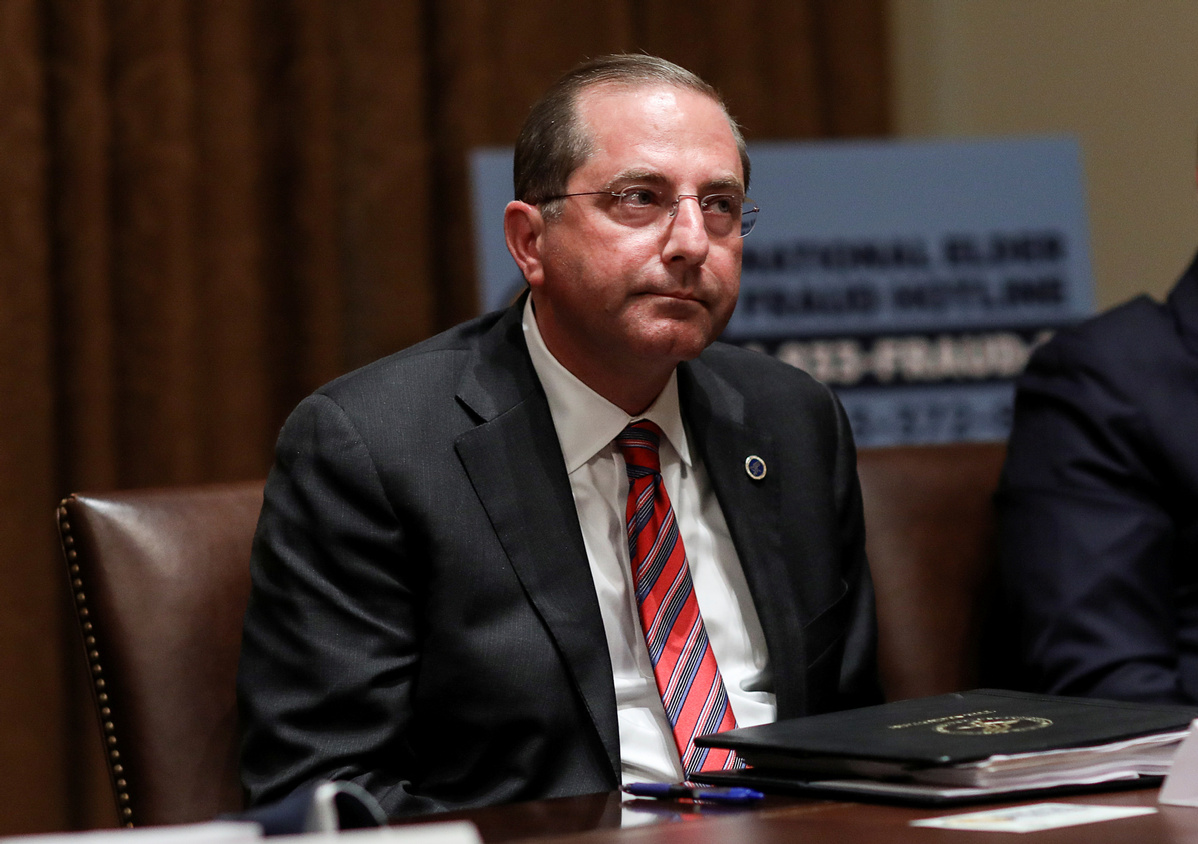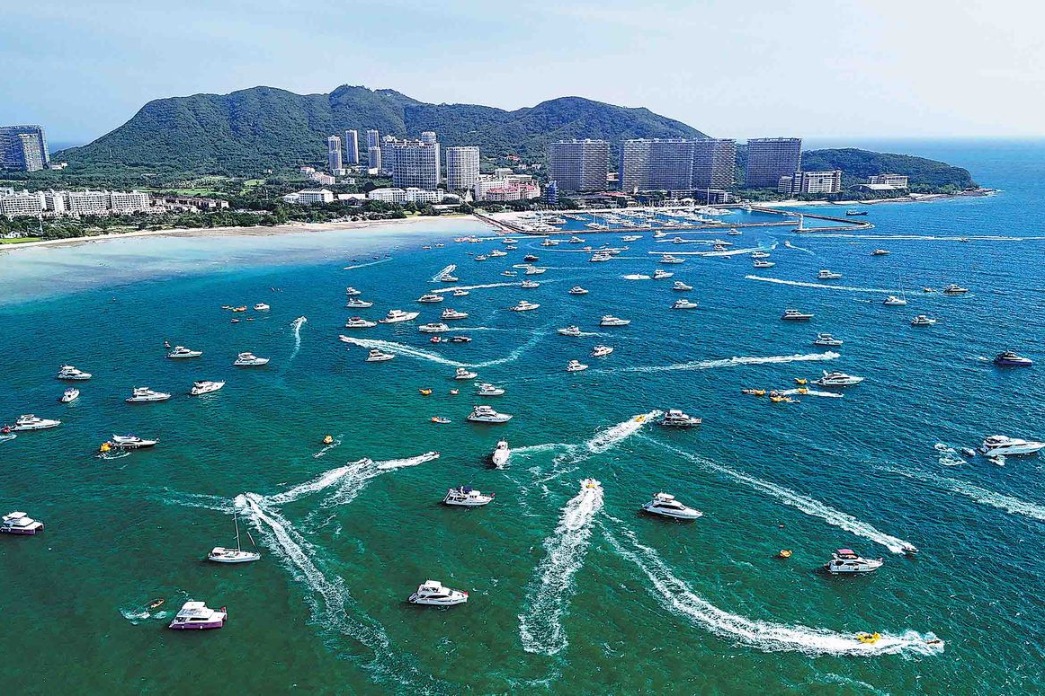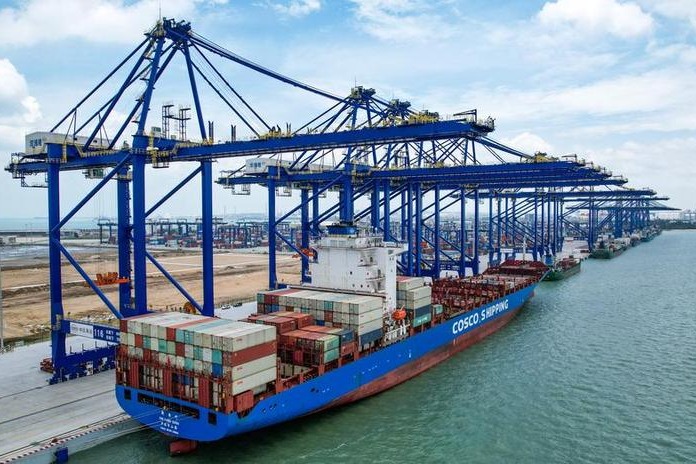Azar's trip more symbolism than substance: China Daily editorial


United States Secretary of Health and Human Services Alex Azar has wrapped up a three-day high-profile trip to Taipei that was heavily laden with political symbolism.
Not only was the visit a calculated move by the US administration to show its anger at Beijing, and by trampling on a longstanding redline demonstrate its willingness to challenge it, although tentatively, on a core interest that had hitherto been out of bounds. It was also a cautious step toward recalibrating the pattern of China-US interaction over Taiwan.
There should be no underestimating the potential harm the trip could have done to China-US relations. Although Beijing will be alert to the potential of a severe security crisis on the horizon, it is also wary of overestimating that potentiality lest it unnecessarily heighten tensions.
For while it is not insensitive to the provocative nature of Azar's visit, Beijing is aware of the underlying domestic pressures in the US that have prompted it, and it remains willing to keep it in perspective and make every effort to avoid the painful prospect of the current impasse in relations being pushed past the point of no return.
This should not be mistaken for weakness — Washington should not assume Beijing's warnings are just rhetorical and are not to be taken seriously — rather it is a sign of optimism. For Beijing is doing its best to keep ties alive, in the belief, as China's top diplomats have repeatedly stressed, that the two sides can get along, and doing so is not only in both parties' interests but also in the interests of the world as a whole.
Nonetheless, the chances of miscalculation have increased markedly as a result of the visit, especially as those in Washington who have an antipathy toward China and the Democratic Progressive Party authorities in Taipei will be keen to build on this "diplomatic breakthrough".
Beijing's restraint may inspire the hawkish politicians in Washington to push for more provocative moves to implement their salami tactics. More dangerously, it may result in the DPP independence-seekers overestimating their island's utilitarian value on the US geopolitical chessboard, misjudging the nature of the China-US relationship, and attempting to break the Chinese mainland's bottom line.
Yet despite their desire to view it as a "game changer", in doing so they ignore the simple fact that the decision-makers in Washington do not want the visit to play that role. Azar has indeed set a precedent by being the highest-ranking US official to visit Taiwan since 1979. But there have been evident endeavors by the White House to manage and control the repercussions. Why is that?
Because it wants symbolism not conflict. Washington knows it should handle Taiwan-related issues prudently and properly to avoid severely damaging relations with China and to maintain peace and stability across the Taiwan Straits.


































